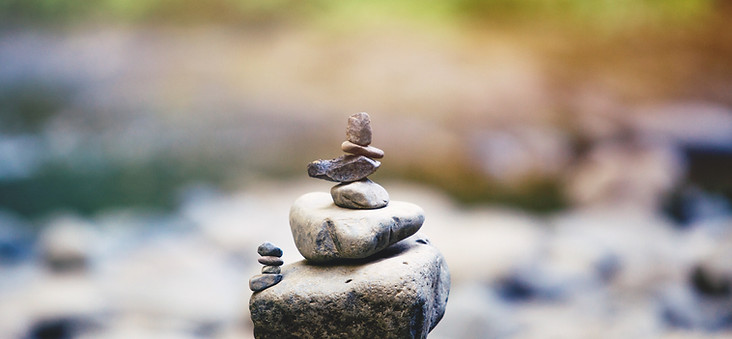
Acknowledgments and Accountability
Yoga’s history is deeply rooted in South Asian traditions, shaped by cultural, religious, and societal structures that have evolved over time. Historically, certain aspects of yoga, like asana (pose) practice, were exclusive to specific groups, often determined by gender, social caste, and age. Some early yoga traditions also reflected hierarchical, authoritarian teaching styles that were not trauma informed, and reports of harm, including verbal and sexual abuse, have surfaced in some yogic lineages.
Yoga is a versatile practice that can be used for self care, mind-body-spirt healing, and personal growth. It can be spiritual or non-religious, and integrated with any existing belief system, or practiced independently. We incorporate yoga philosophy and reflection to maintain its roots in introspection and mindfulness.
Continued curiosity and education is important. As awareness has grown, many communities and social justice practitioners have worked to reshape yoga into a more inclusive, accessible, healing practice. At The Connection Clinic, we honor the deeper intentions of yoga: its purpose of connection, healing, and self-awareness, while also acknowledging the ways it has been appropriated and commodified in Western spaces. We are committed to practicing and facilitating yoga in a way that is inclusive, trauma informed, and culturally respectful, recognizing both its rich complex history and its movement toward greater accessibility and equity.

Here are steps we continue to take to acknowledge the original of yoga traditions of yoga in our offerings.
● Continue learning about and acknowledging the history of yoga
● Talk with clients about native yoga intentions and practice
● Take yoga beyond the physical practice (including mental, emotional, and spiritual)
● Prioritize inclusivity and accessibility
● Avoid the use of yoga symbols or representation of deities
● Avoid the use of sacred languages like Sanskrit and terms like ‘Namasteʼ or ‘Yogiʼ as they are often misused
● Use the philosophies and principles of yoga, symbolically and metaphorically
● Express gratitude for those parts of yoga that support our values
● Ask questions and stay curious about yoga and its lineage